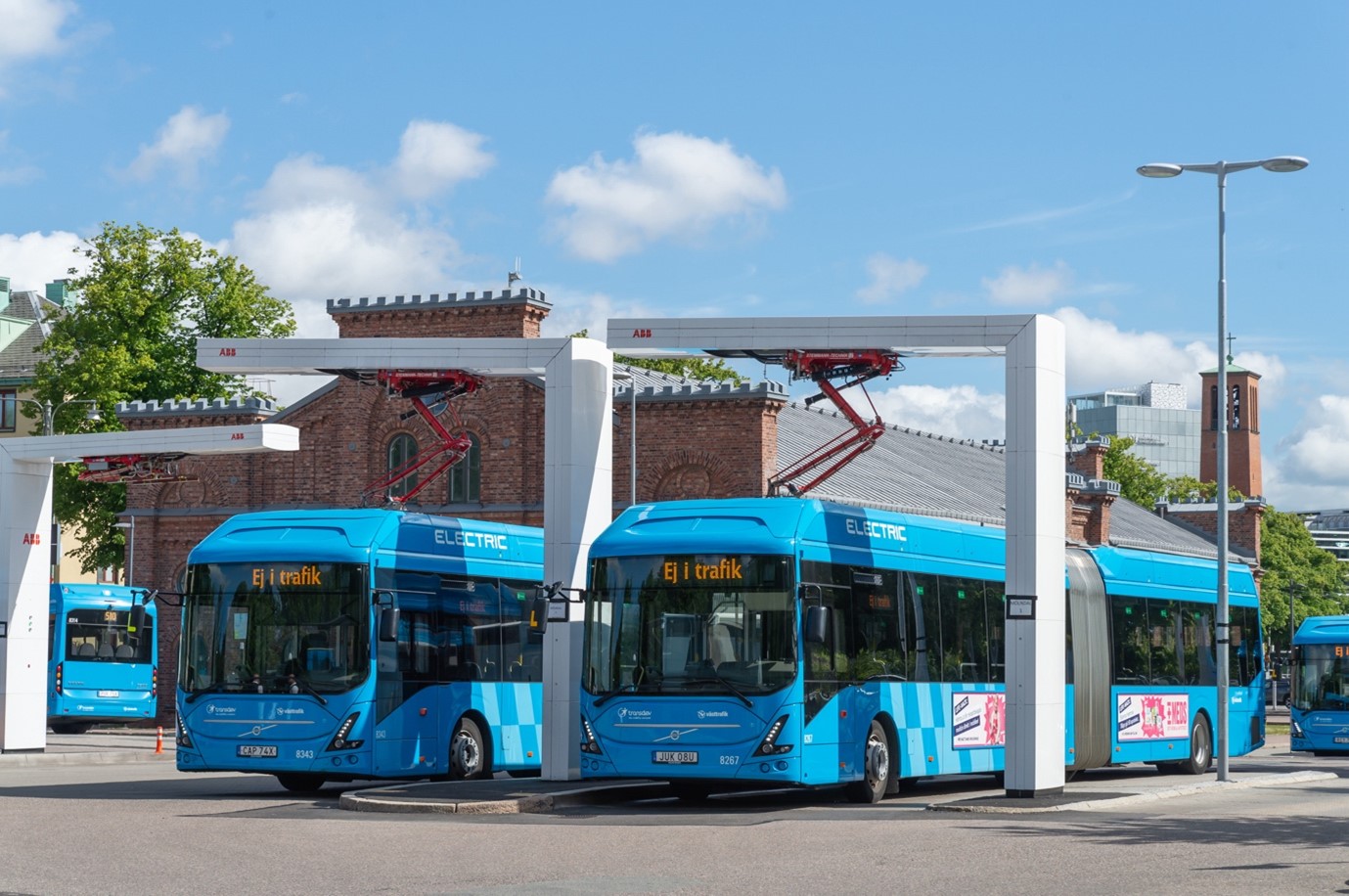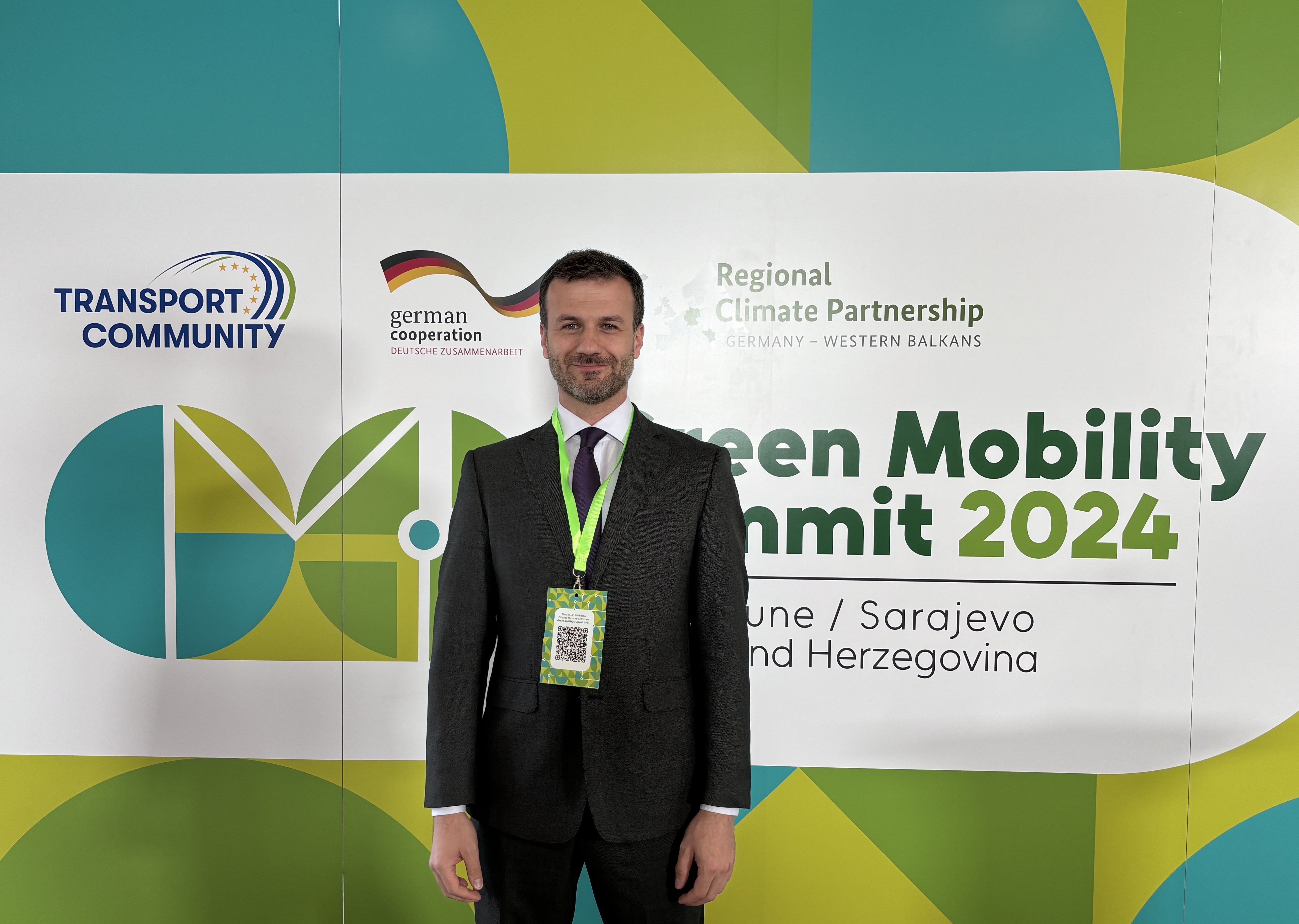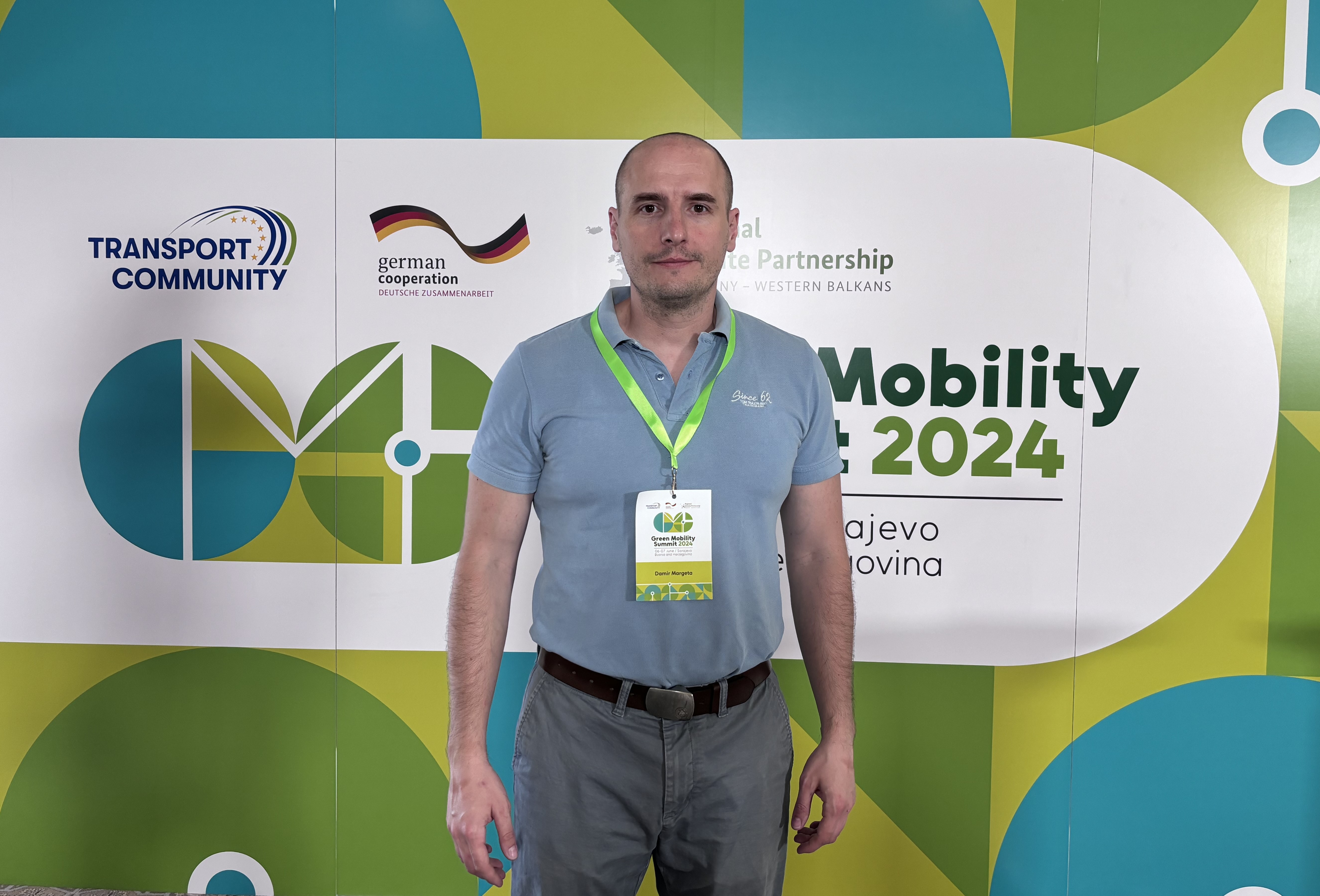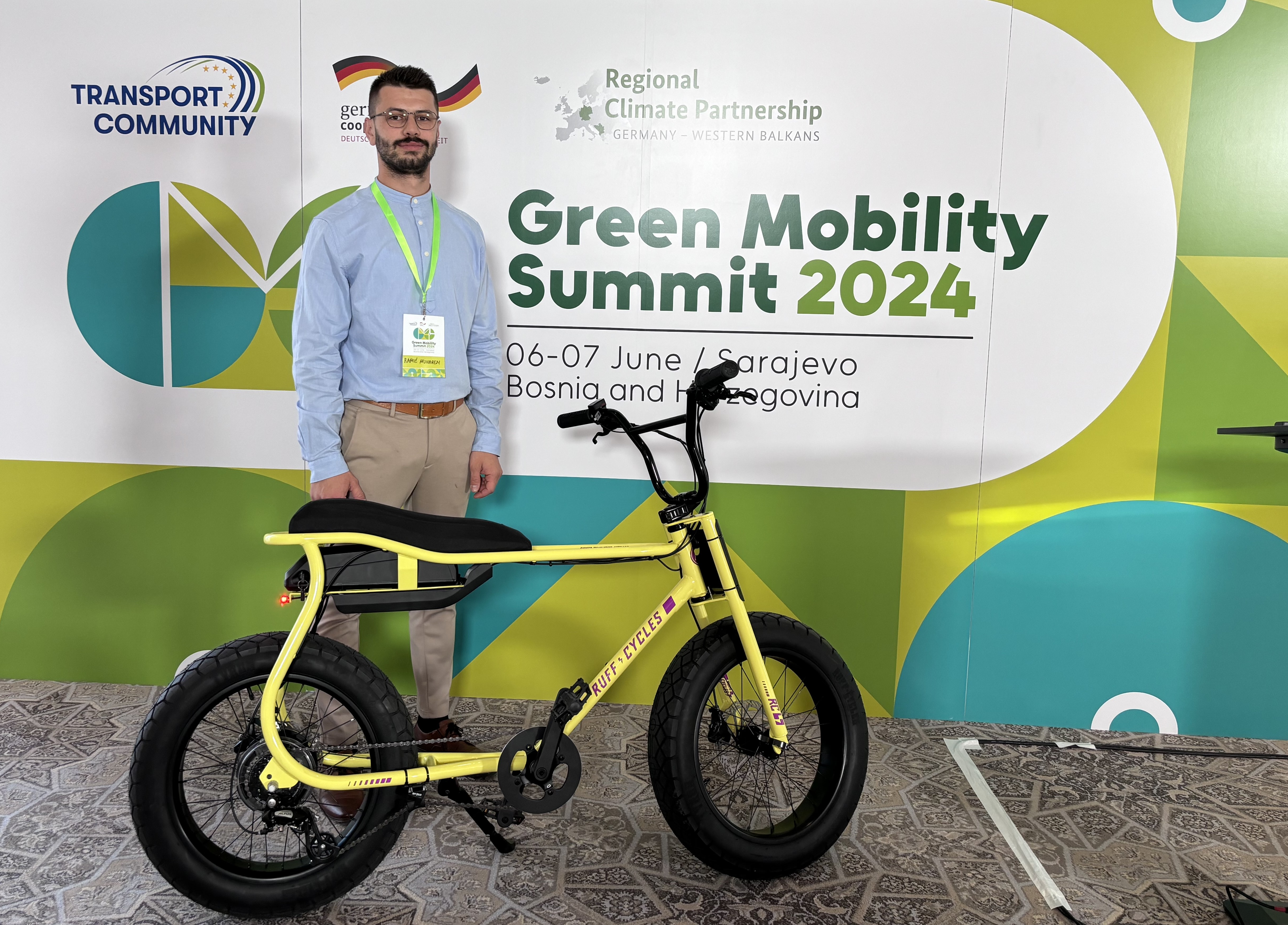 Photo: Freepik
Photo: Freepik
 Photo: Freepik
Photo: Freepik
Urban areas around the world face growing challenges related to traffic congestion, air pollution, and limited public transportation infrastructure. Sustainable urban mobility solutions aim to address these issues by promoting more efficient, environmentally friendly, and accessible transportation options.
Sustainable transition refers to the systematic shift towards practices and technologies that support long-term environmental, social, and economic well-being. BiH SuTra supports the development of transition plans for 4 pilot local areas rich in coal: Banovići, Breza, Ugljevik, and Živinice. These plans will offer measures and activities for five development pathways defined in line with the Green Agenda for the Western Balkans: decarbonization (energy, climate, and sustainable transport), circular economy, pollution reduction, sustainable agriculture, and protection of nature and biodiversity.
Transport plays a crucial role in sustainable transitions, encompassing shifts towards environmentally friendly and efficient modes of transportation. The focus is on reducing carbon emissions, improving air quality, and minimizing the ecological footprint associated with transport systems. Key strategies include promoting public transportation, enhancing infrastructure for cycling and walking, and encouraging the adoption of electric and hybrid vehicles.
Sweden is at the forefront when it comes to sustainable transport
If we look at Sweden’s third biggest city, Malmö, it is often referred to as Sweden’s cycle city. 26% of all transport in Malmö is done on the bike (and it is on a steady rise), and the city is linked by 560 km of bicycle paths. Malmö has done many things to make it easy to go cycling, for example by installing a special sensor system at many intersections to grant priority to cyclists. This is how Malmö city explains it on their website: "As cyclists approach an intersection, which is not already crowded by car traffic, the lights quickly turn green to favour the cyclist. Malmö has also installed special paper baskets designed for cyclists, bicycle tire pumps and bicycle counters along the vast bicycle path system in the city".
Then, if we turn our eyes to Sweden’s second biggest city, Gothenburg, a unique collaboration is taking place between 15 actors from industry, research and society. It is called "ElectriCity", where they use the city as a test bed for innovative and sustainable solutions related to the electrification of public transport and construction sites. They have tested electric buses for several years which eventually led to the largest rollout of electric buses in Europe, as well as improved design of and functions on and around the buses. Read more via this link.

Photo: Electric buses charging their batteries in Gothenburg, Sweden. Photo: Wirestock/GettyImages.
Another way of improving mobility and reducing the number of private cars in the city is to enable carpooling and carsharing. In the capital, Stockholm, carpools are in constant development. According to a review made by the city this year, stationary carpool cars increased with more than 38%. As much as 67% of the population now live within a radius of 400m from a stationary carpool site (review in Swedish).
These are a few examples of many in Sweden, but also in Bosnia and Herzegovina we see exciting developments in this sector.
The Green Mobility Summit
To promote innovative solutions for sustainable transport in the Western Balkans, the Green Mobility Summit gathered local, regional, and international experts and leaders. Organized by the Transport Community Permanent Secretariat and the German Federal Ministry for Economic Cooperation and Development (BMZ), in cooperation with the Deutsche Gesellschaft für Internationale Zusammenarbeit (GIZ) through the Regional Climate Partnership between Germany and the Western Balkans, the event took place in June 2024 in Sarajevo, Bosnia and Herzegovina (BiH). The summit fostered discussions and knowledge sharing on green initiatives for the transport sector, emphasizing sustainability. The event's highlight was the adoption of the Declaration on Green Mobility by Southeast European countries and observers.
A representative from BiH SuTra participated in the summit and share key takeaways below, including interviews with exhibitors showcasing examples of green mobility solutions.
Zero emissions and smart transport
During the summit, participants endorsed the comprehensive Declaration on Green Mobility, committing to promoting zero emissions and smart mobility, enhancing resilience to climate change in transport networks, and encouraging regional cooperation for sustainable transport solutions. On the second day, ministers and mayors from the Western Balkans, Georgia, Moldova, and Ukraine discussed investments in green infrastructure and sustainable mobility as keys to Europe's future, focusing on lessons learned and bridging the gaps between local and national authorities to promote sustainable mobility.
Nedim Begović from the Transport Community, responsible for sustainable multimodal transport, highlighted the conference's goal of raising awareness about the importance of green mobility, especially given the alarming pollution data in the Western Balkans. "The Western Balkans holds an infamous record - out of the 15 most polluted cities in Europe, 8 are in the Western Balkans. Transport significantly contributes to pollution and greenhouse gas emissions, comprising two-thirds of all emissions along with energy. The second day of the conference focused on adopting the Declaration on Green Mobility, which includes establishing a platform for clean buses and promoting cycling at the national level. With BMZ's support and cooperation with international financial institutions, our goal is to build sustainable transport infrastructure at national and regional levels."

Nedim Begović, Transport Community. Photo: BiH SuTra.
Bosnian innovations driving green mobility
The summit featured intriguing exhibitors showcasing products and services that contribute to green mobility. Among them was Damir Margeta, a traffic engineer and founder of the startup BPARCO, which produces innovative parking solutions for bicycles and electric scooters. "Our product addresses the key issue of urban cycling - theft. This innovation aids the green transition by protecting bicycles and electric scooters from theft, essential for sustainable development. Our technological solutions not only provide protection but also enable multiple uses, saving material, energy, and space," said Margeta.

Damir Margeta, BPARCO. Photo: BiH SuTra.
A notable attraction was an electric bicycle produced in Bosnia and Herzegovina. Muharem Ramić from Ruff-cycles SEE d.o.o. Travnik, a producer of electric bicycles, stated: "Our company focuses on sustainable development, producing electric bicycles in Travnik for ten years, primarily for the German market. We have exported over 10,000 bicycles, popular among celebrities like Ronaldo and Achraf Hakimi. Our company is committed to green business. We are among the first in Bosnia and Herzegovina to install solar panels on our facilities, currently producing around 2 MW of electricity for our own needs. We believe that eBikes will become a popular, environmentally friendly, and healthy transport choice in Bosnia and Herzegovina, reflecting our commitment to sustainable development."

Muharem Ramić, Ruff-cycles SEE d.o.o. Travnik. Photo: BiH SuTra.
Sustainable transport: Local measures and engagement is key!
Sustainable transport, as part of the decarbonization development pathway, is a key component of a comprehensive approach to the sustainable development of local communities in BiH. The focus of the transition plans will be on implementing smart solutions, especially in public transport, to reduce the emission of harmful gases and encourage energy efficiency in the municipalities of Banovići, Breza, and Ugljevik, as well as in the city of Živinice. The organization of transport within municipalities/cities plays a crucial role in this process, including the promotion of non-motorized forms of transport such as cycling and walking. This approach not only provides an environmentally friendly solution but also contributes to improving citizens' quality of life, reducing congestion, and enhancing public health.
To start with, the four local communities will need to undertake a comprehensive study that will include an analysis of the traffic system; who is part of this system? How do the traffic flows and infrastructure look like? What are the traffic forecasts and what are the effects of climate change?
The communities will further look at the development of bicycle path networks. These networks should focus on connecting the residents with tourist sites as well as on the integration with the network of paths of neighbouring municipalities.
Overall, they will also look into what behavioural change is needed and what the adequate policies and investments are to be made to ensure a sustainable transition will take place in the transport sector.
What is the Declaration about?
The Declaration emphasizes integrating transport markets in the European Union (EU), focusing on emission-free mobility, digitizing transport, and expanding the TEN-T network (the trans-European transport network). It highlights sustainable mobility through infrastructure for alternative fuels, e-chargers, and sustainable urban mobility plans while improving climate resilience in transport networks. The Declaration also promotes clean energy and advanced technologies in public transport, supporting infrastructure development, partnerships, and financing. Furthermore, it advocates cycling as a sustainable mode of transport, encouraging national policies, enhancing cyclist safety, and integrating cycling into urban planning and international cooperation.
"Declaration for Green Mobility of South East European Parties And Observing Participants"
Discover the News and Updates section, delivering the latest updates and insightful content across various topics. Stay informed with most recent news articles, reports, and publications, of the BiH SuTra project.